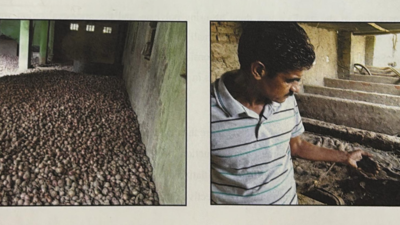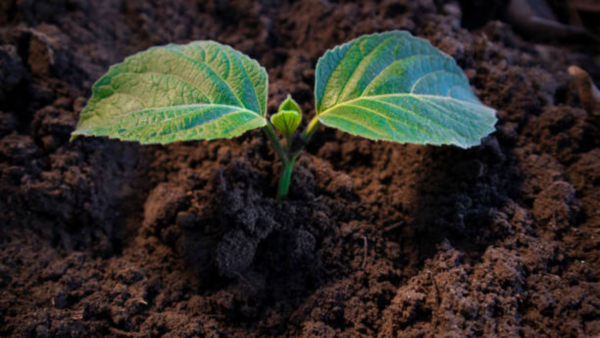ARTICLE AD BOX

Shri Akhilesh Kumar, a progressive farmer from Mathnahamal Village in Vaishali district, Bihar, has steadily transitioned from conventional to organic farming with support from Patanjali Bio Research Institute (PBRI).
Owning 12 acres of irrigated land, he cultivates a range of crops throughout the year. In the Kharif season, he grows paddy, bajra, and wheat, while in the Rabi season, his focus shifts to wheat, potatoes, pulses, mustard, onions, and vegetables.Akhilesh's exposure to organic practices began in November 2018 when he attended a Training of Trainers (ToT) program on organic farming organized by PBRI at Patha. The program provided him with foundational knowledge on preparing organic manure and using natural methods for crop protection.
Post-training, he took the initiative to train 50 other farmers in his village, serving as a local resource person for organic agriculture.
Transition to organic methods
As mentioned in the book 'Patanjali Organic Kranti' by Acharya Balkrishna, one of his key efforts was cultivating chemical-free onions on a 5000 square meter plot. This initiative began in February, and harvesting took place between May and June. To support crop health and reduce chemical usage, Akhilesh applied panchagavya, a traditional organic mixture prepared at home using ingredients like cow dung, cow urine, desi ghee, curd, jaggery (gur), and water.
He sprayed it twice: once 15 days after transplanting and again 45 days later. After using panchagavya, he observed improved plant growth and healthier overall crop conditions.To replace synthetic pesticides and insecticides, he prepared and used dashparni, a fermented solution made from 10 local or wild plants combined with gaumutra (cow urine). This mixture acted as a natural pest and disease repellent and helped lower his input costs.

Production and cost savings
The shift to organic inputs allowed Akhilesh to reduce his expenditure on commercial fertilizers and pesticides. By using panchagavya and dashparni, which he prepared himself at home, he reported overall savings of around ₹1,720 compared to chemical-based farming, even with relatively lower production. These savings became especially significant considering the lower investment and chemical-free nature of the produce.He harvested a total of 1000 kilograms of onions from his organic plot and marketed them at Vaishali Sabji Mandi and Muzaffarpur Bazaar Samiti. The onions sold for ₹45 per kilogram, which was ₹5 higher than the previous price of ₹40 per kilogram for chemically grown onions. The price gain and input cost reduction combined to make organic onion farming economically viable for him.
Marketing efforts
For better price realization, Akhilesh focused on packaging and direct sales.
He sold his onions in small polybag packets, making them more appealing and accessible in the market. This marketing strategy resulted in increased demand from local traders, who also showed interest in sourcing more organic onions from him.His experiment with packaging and direct sales not only fetched a better price but also provided a model for others to consider, especially those skeptical about the commercial potential of organic farming.

Impact and outlook
The response to his efforts has been positive. Farmers from his village and nearby areas have taken note of his results. Akhilesh’s use of locally prepared organic inputs, moderate yield, and better price realization has inspired neighboring farmers to consider similar practices in their own fields.Encouraged by the outcome, Akhilesh is planning to scale up his organic onion cultivation in the coming seasons. He believes that with consistent effort and community involvement, large-scale organic farming of onions and vegetables could become profitable in his region.



.png)
.png)
.png)
















 3 hours ago
4
3 hours ago
4









 English (US) ·
English (US) ·